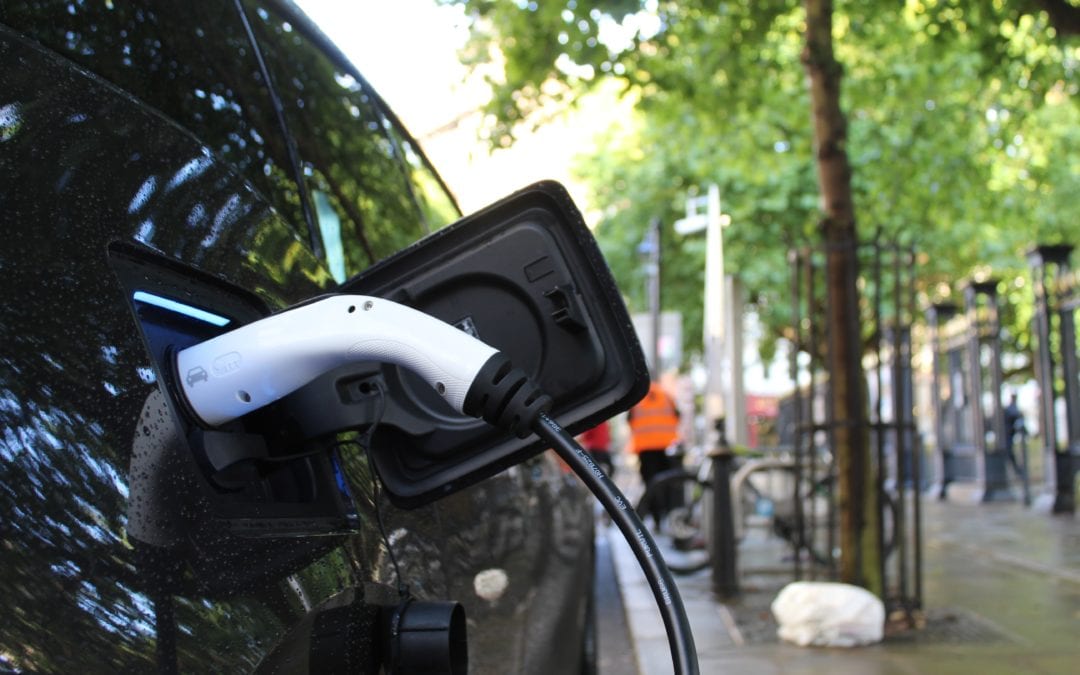As accountants, we’ve been asked plenty of times – “should I get a company car?” Up until recently, our answer was usually no. But new tax incentives relating to electric vehicles means we’re shifting our thinking towards an overwhelming YES. With government incentives, and new models bringing greater capabilities to the market, having an electric vehicle for your company car is fast becoming the best option for business driving.
Save up to 40% tax and 12% National Insurance on a company car
To encourage us to switch to full electric cars (electric range of 130 miles plus) the government has introduced benefit in kind tax rates of 0% for 2020-21, rising to 1% in 2021-22 and 2% in 2022-23. The zero rate also applies to hybrid vehicles with emissions from 1 – 50g per km. By using salary sacrifice (forgoing a proportion of an employee’s gross salary) a saving of up to 40% tax and 12% National Insurance can be made for an employee. The scheme works in the same way that pension contributions and childcare voucher schemes work. The employer makes the car payment on behalf of the employee.
You can lease the car, but buying it is advantageous
Buying a company car outright isn’t ideal for every business owner. If you want to control your cash flow with lease payments, there are plenty of leasing options for those who still want to drive a zero emissions car with no road tax and no depreciation costs. However, do consider the capital allowance benefits if you buy your electric car outright. If you buy a car with CO2 emissions of less than 50g/km, you can deduct the full amount from your pre-tax profits, since electric cars are eligible for 100% first year capital allowances.
Tax savings aside, what else do you need to consider with an electric car?
When you buy an electric company car, you’re not just making a tax saving. You’re also becoming a little more planet conscious! These cars are designed to have the least possible impact on the environment whilst still getting you from A to B. Before you jump in, here’s a few questions to ask yourself:
How far will you (or your team) need to travel?
If you’re just running yourself to work and back, or to and from clients, you’ll have your pick of most electric cars. The average electric car can handle weekly commuter journeys on a single charge. If you’re going to be taking long journeys regularly, you might want to have a chat with your chosen dealership about a more suitable long-range model.
How and where will you charge your car?
The UK Government are already executing on plans to make sure new home builds and apartment blocks are fit with charging points for electric vehicles. For most drivers, charging at home is the most economical way to maintain your car – though you’ll need a parking space and a charge point to do so. Don’t worry though! UK Gov are providing grants for electric vehicle charging infrastructure, which you can find more information on here. That being said, there are thousands of public charge points across the UK, and with more incentives to drive electric cars come increased options. You can use this map to find out where your nearest charging stations are.
Electric is a great choice for a company car
There will inevitably be some cons that come with electric cars, as there are with all vehicles, depending on your circumstances. If you’re taking long trips across Europe, or you live in the middle of nowhere, too far away from a charging station – you may find this to be a difficult option. But for the majority of business owners (and their employees), choosing an electric vehicle for your company car is a fantastic opportunity to reduce your emissions and save tax in the process. It’s an easier lifestyle adjustment than you might think it to be! If you want to get a little deeper into the tax stuff, let us know. We’re here to answer any questions we can.



